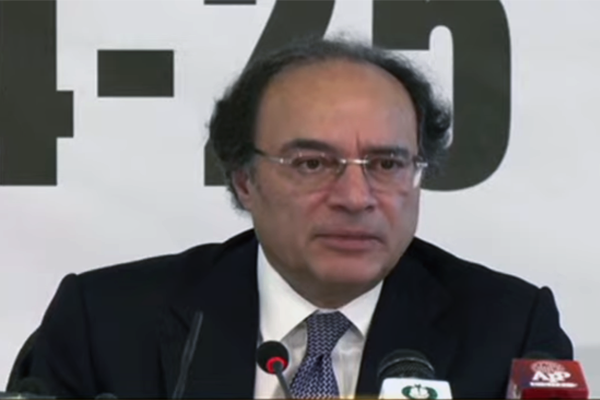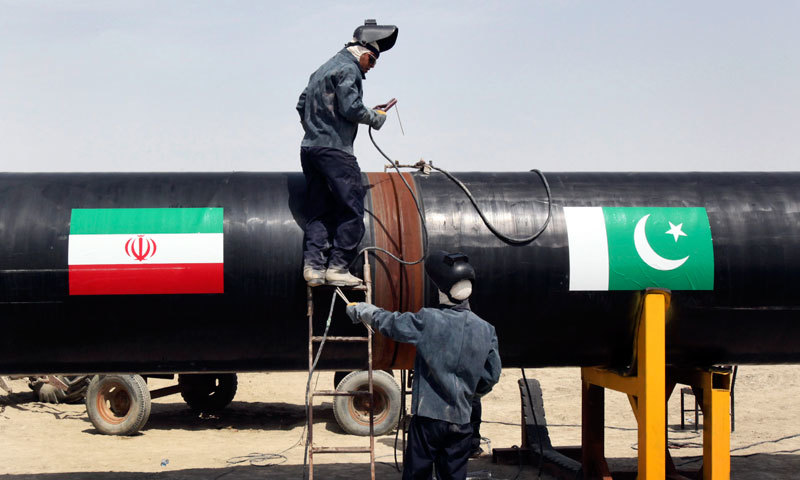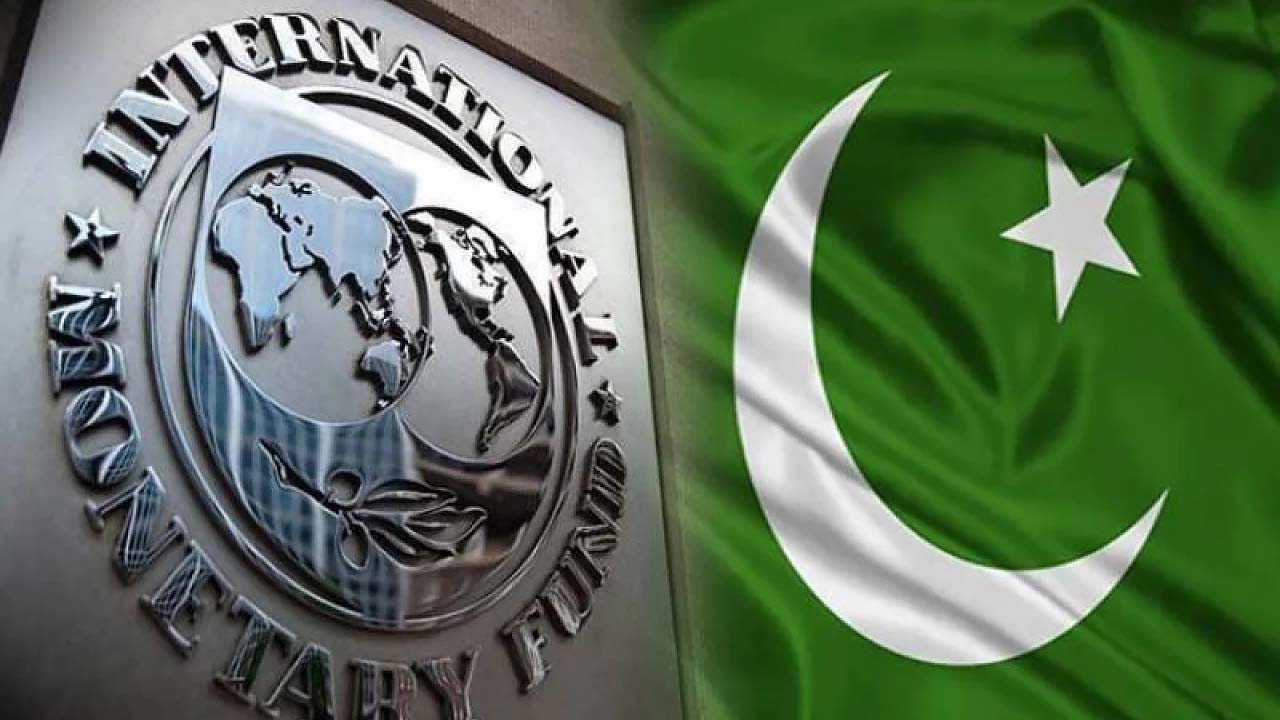Finance Minister Muhammad Aurangzeb addressed the Senate session on Monday, shedding light on Pakistan’s economic situation and the ongoing program with the International Monetary Fund (IMF). He emphasized that if the government successfully implements structural reforms and privatizes state-owned entities, the current IMF program could be the last one for the country.
“Whether this would be IMF’s last program? It would be the last one when we bring structural reforms — if we bring the structural reforms, it would be the IMF’s last program,” Aurangzeb stated. He highlighted that the country’s progress is tied to restoring public confidence, fiscal discipline, and curbing government expenditures.
Aurangzeb went on to stress the vital role of structural reforms in securing Pakistan’s economic future. If state-owned enterprises (SOEs) are privatized, this would not only lessen the government’s financial burden but also create a pathway to economic independence, potentially eliminating the need for future IMF programs. “If we manage to privatize the state-owned entities, then it would be IMF’s last program,” he added.
Aurangzeb underscored that the government cannot move ahead without restoring the public’s confidence. He emphasized the importance of demonstrating fiscal responsibility and ensuring that the government’s expenditures are brought under control to tackle the economic challenges facing the nation.
“We cannot move ahead unless the public’s confidence is restored,” he stressed. According to Aurangzeb, the private sector must take the lead in steering the country out of its economic crises. He firmly stated that it is no longer the government’s responsibility to run businesses; instead, it is time for the private sector to take charge of driving the economy forward.
“It’s not the government’s job to do business—now the private sector will lead the country,” Aurangzeb said. He pointed out that the credit available to the private sector had increased by half a trillion rupees, which is a significant boost for private sector-led growth.
Aurangzeb stressed the need for citizens to fulfill their tax obligations, noting that economic progress cannot be achieved without paying taxes. “The government is answerable to the people of Pakistan, but we cannot say that we will not pay taxes because we do not believe in the tax authority,” he said, emphasizing that the country cannot be sustained on charity.
To simplify the tax system and make it easier for citizens to comply, Aurangzeb highlighted ongoing digitalization efforts at the Federal Board of Revenue (FBR). He mentioned that the government is committed to creating a simpler and more user-friendly taxation system to facilitate economic growth.
“The government is making the taxation system simple and easy,” Aurangzeb explained, noting that these efforts are critical to expanding the tax base and increasing government revenue.
Aurangzeb highlighted some positive economic developments, including a reduction in inflation to a single-digit rate and the stabilization of the Pakistani rupee. These improvements, while encouraging, must be built upon through structural reforms to ensure long-term economic stability.
He also addressed concerns about the lack of loans available to the private sector, a critical issue for fostering growth in small and medium-sized enterprises (SMEs). Aurangzeb emphasized that the government has allocated significant resources to support the information technology sector, particularly for freelancers, and is also working to bolster the agriculture sector and SMEs.
During the Senate session, Leader of the Opposition in the Senate, Shibli Faraz, called on the finance minister to share the government’s economic plan in greater detail. Faraz raised concerns about the recent shortfall in tax collection, amounting to Rs 98 billion, and asked what steps the government was taking to address this fiscal challenge.
Faraz also took the opportunity to criticize the government for its handling of the Pakistan Tehreek-e-Insaf (PTI) rally in Islamabad, where containers and blockades were used to prevent people from attending the event. This political criticism, however, was overshadowed by the ongoing economic debate in the Senate.
In a related development, journalists staged a walkout from the Senate and National Assembly on Monday in protest of comments made by Chief Minister of Khyber Pakhtunkhwa (KP), Ali Amin Gandapur, during the PTI’s Islamabad rally. Gandapur’s remarks were seen as offensive to the media, prompting the walkout.
Top PTI leaders, Barrister Gohar Ali Khan and Omar Ayub Khan, apologized to the media on behalf of Gandapur. They clarified that his comments were not directed at the entire media but rather at a select group of journalists. Barrister Gohar further assured that Gandapur would issue a personal apology to the media.
The economic discussions, six new bills were introduced in the Senate and subsequently referred to the relevant committees for further review. These legislative efforts continue to highlight the ongoing work being done in Pakistan’s parliamentary system.
Sherry Rehman, a member of the Pakistan People’s Party (PPP), chaired the Senate session. The house was later adjourned until Tuesday, September 10.




